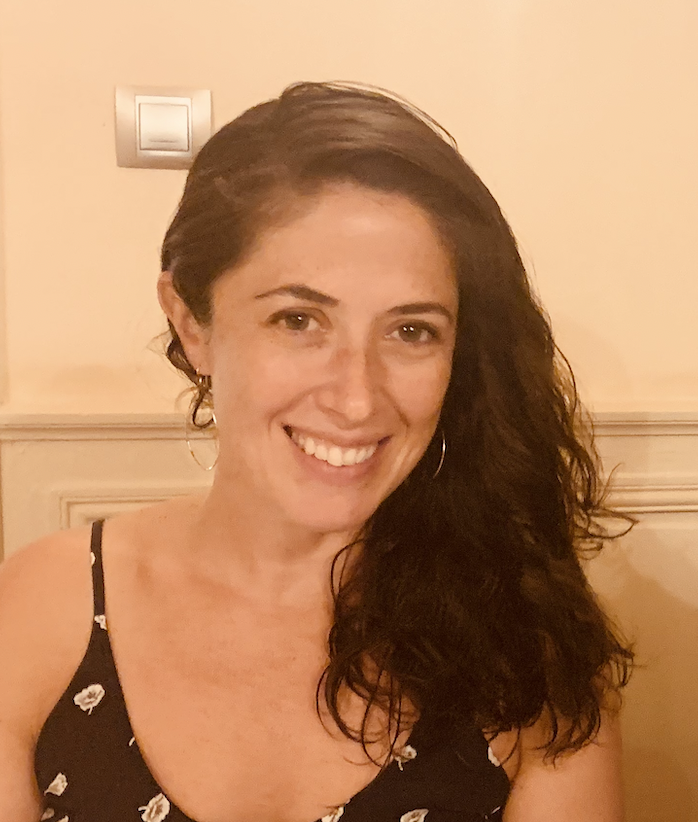
You don't have to be James Bond to be a writing tutor, but it helps.
The prospect of attending college in the United States is an exciting one, but in the rush and mania to get accepted, people often overlook or brush aside the academic intensity of college. Whether you decide to pursue a major in chemistry, history, or English, strong English speaking and writing skills are paramount to doing well at an American university.For American-born and international students alike, the rigor and writing-intensive nature of college courses can be surprising. At many high schools, students are not exposed to serious essay-writing—that is, they're not always accustomed to producing work that is well structured, stylistically on point, and properly researched. As a writing tutor, most of the students that I’ve encountered are familiar with the 5-paragraph essay, the classic rubric taught in the US, but aren’t necessarily agile in the writing.
Let’s quickly review the structure 5-paragraph essay.
-
Introduction: This is where you introduce your main idea or your “thesis statement” and tell your reader what your essay is about.
-
Body Paragraph 1: Present a very strong example that supports your thesis statement.
-
Body Paragraph 2: Present another example to back up your claim.
-
Body Paragraph 3: Same as 1 and 2. By this point, you should have unveiled your entire thought process, so that you reader is convinced! Or, informed.
-
Conclusion: Wrap it all up by re-stating your thesis statement and tying back into the examples that you have provided.
It’s critical to master the 5-paragraph essay because it serves as the launching pad for more advanced writing. To give you a sense of the kinds of more sophisticated writing required at the college-level, I’ve broken out the specific knowledge base that is expected of US-college students by broad field, and how you can start to build your skills accordingly:
1. For students considering the humanities, you should be able to analyze texts and produce expository or creative essays. You should also be familiar with the specialized vocabulary that pertains to literature and its study. Some of examples of this include words like: thesis statement, topic sentence, arc, climax, denouement, analogy, metaphor, and so forth).
2. For students considering the social sciences (i.e. political science, economics, psychology), you should be able to draw information from multiple sources and produce an argumentative response or research paper.
3. For students considering the physical sciences and/or mathematics, you should be able to produce standard format of lab reports, scientific and/or quantitative analyses, and be familiar with the academic jargon utilized in physical science and quantitative courses. There’s a lot of specialized vocabulary involved in these fields, but the good news is that you’ll learn through your coursework!
What can you do now?
For starters, read! Strong reading comprehension will help develop your analytical skills, and ultimately inform your writing! Start to notice and understand how good work is written. While you read, take out a pen and read actively. Underline the thesis statement in a paragraph, track the arc of the story, flag the climax, seeks to understand how the author leads in to the conclusion.
Secondly, write! Obvious, right? The suggestion is evident, the doing not so much. There are really no short-cuts here. Work with a writing tutor or a teacher to structure writing assignments that are compelling to you. Identify topics that you like to read about and could reasonably respond to in writing.
Here at Cambridge Coaching, we have our roots in English and writing, love to write and love to teach writing! Any of our writing and English tutors will tell you that writing is a craft that can be learned with a practice and discipline. Contact us if you need a leg up honing your skills.



Comments